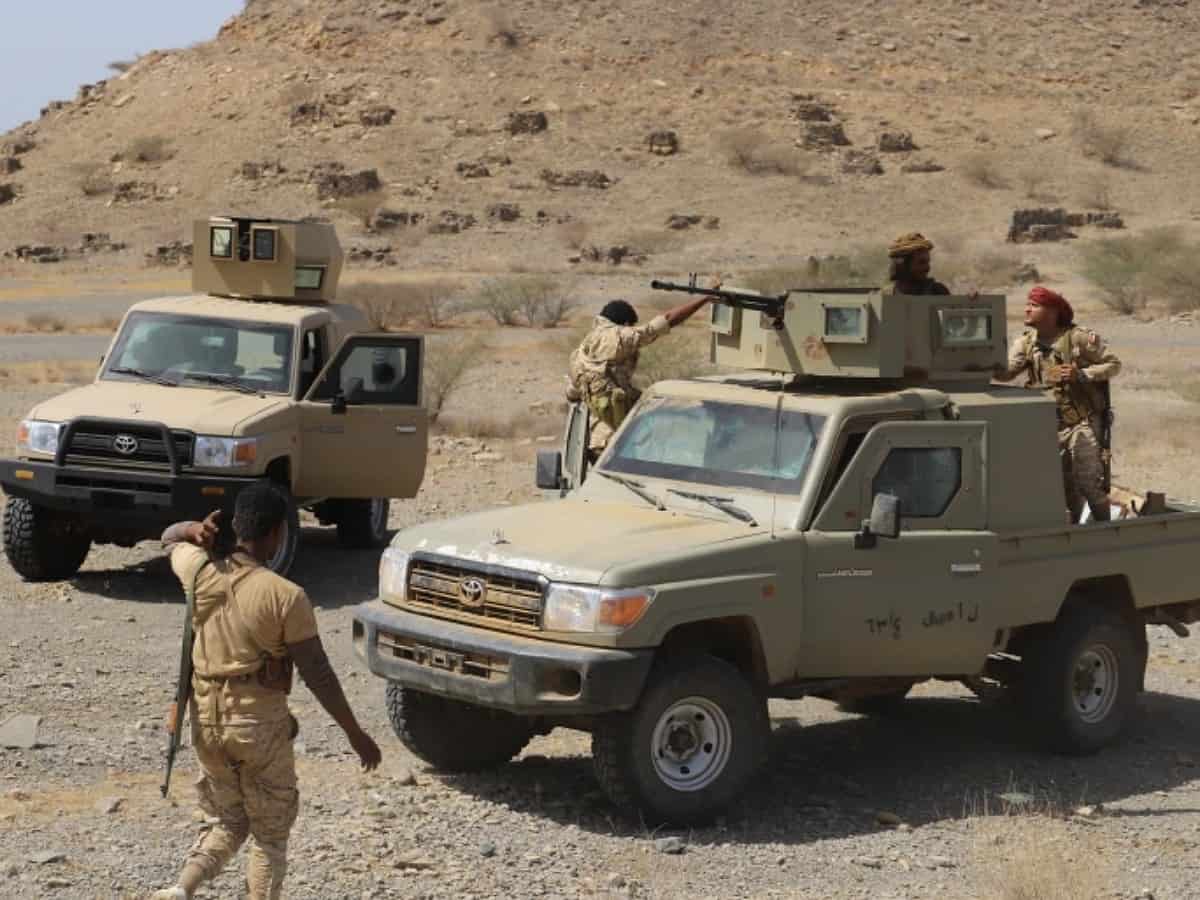
UN Special Envoy for Yemen, Hans Grundberg, on Thursday announced the extension of Yemen truce for another two months.
The truce was extended according to the same provisions of the original agreement that entered into force on April 2.
Grundberg said in a statement that the parties to the conflict responded positively to the United Nations’ proposal to renew the truce in force, noting that the extension will enter into force as soon as the first truce date scheduled for today expires.
“Yemenis have seen the tangible benefits of the truce over the past two months,” Grundberg said. “The number of civilian casualties has dropped dramatically.”
He also pointed to the entry of more fuel into Yemen through the port of Hodeidah, and the resumption of commercial flights to and from Sana’a International Airport, after nearly six years of closure.
He added, “I will continue to work with the parties to implement and consolidate the elements of the truce in full, and to move towards a sustainable political solution to this conflict that meets the aspirations and legitimate demands of Yemeni men and women.”
The UN envoy stressed the need to take additional steps in order for the truce to fully achieve its objectives, especially with regard to opening roads and operating commercial flights.
He expressed his gratitude for the support of the international community in implementing and renewing the armistice, especially Saudi Arabia, the Sultanate of Oman and members of the UN Security Council.
He pointed out that “the parties have provided a glimmer of hope that it is possible to end the devastating conflict…I rely on their continued cooperation in good faith to build confidence and exploit the available momentum to provide a peaceful future in Yemen.”
In turn, the Gulf Cooperation Council said that extending the truce would be in the interest of creating the atmosphere before reaching a political solution to the crisis.
The Gulf Council said, after the ministerial council meeting yesterday, Wednesday, that it supports the extension of the armistice, and renews its support for the efforts of the UN and US envoys to Yemen.
During the truce period, the Yemeni government and the Houthis exchanged accusations of violating the cease-fire, and the agreement was not fully implemented, especially with regard to lifting the Houthis’ siege of Taiz, but it actually succeeded in reducing violence levels significantly.
Earlier on Thursday, Reuters news agency said that the internationally recognized government and the Houthi militia had agreed to extend the truce.
On, Wednesday, Stephane Dujarric, a spokesman for the Secretary-General of the United Nations in New York, said that the United Nations has received positive initial signals from the parties to the conflict in Yemen at this stage, noting that Grundberg is engaged in “intense work to ensure the renewal of the truce.”
Although the Houthis and the legitimate government have announced that they do not object to the extension, they have set conditions for that. While the authority requires the Houthis to lift their siege of Taiz, in the southwest of the country, as stipulated in the truce, they, in turn, demand that the government pay the salaries of government employees in their areas of control.
It is noteworthy that the conflict in Yemen has been taking place since 2014 between the Houthis, who control Sanaa and other areas in the north and west of the country, and government forces backed by a Saudi-led military coalition.
The war, according to the United Nations, killed hundreds of thousands of people directly or because of its repercussions.
Millions of Yemenis are at risk of starvation, while thousands, including many residents of Houthi-controlled areas, need urgent medical treatment that is not available in the country whose infrastructure has been destroyed. About 80% of Yemen’s 30 million people depend on aid to survive.
This armistice was entered into force on April 2, under the mediation of the United Nations, and it will expire on Thursday.
The agreement included allowing commercial flights from Sanaa International Airport, which has been open only to aid flights since 2016, which was considered a rare glimmer of hope in the conflict after a devastating war.
On Tuesday May 31, relief organizations operating in Yemen called on the parties to the conflict to extend the truce, stressing that it had positive humanitarian effects, reduced the number of dead and wounded by 50%, and reduced the fuel problem.



